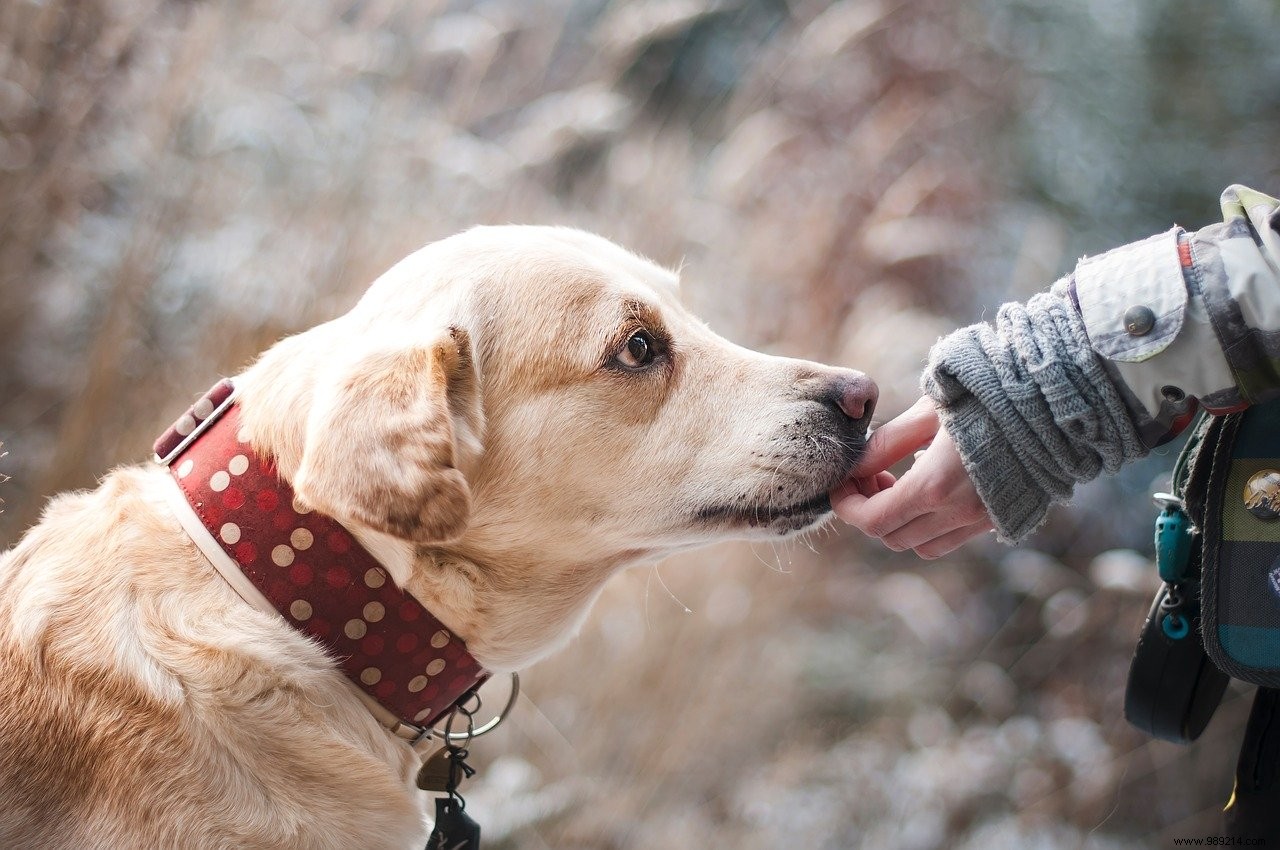By combining behavioral and brain data, researchers have revealed exciting similarities between the owner/dog relationship and that between a mother and her child. In dogs, just as in human infants, attachment is indeed associated with reward-related brain responses to caregiver speech, according to a new study.
In humans, the neural processes supporting the perception of vocal social stimuli and their communicative content are affected by the social relationship with the vocalizer. Infants, for example, exhibit a reward-related brain response to their mother's voice. There is behavioral evidence that several species also differentiate important individuals based on their voice, including young macaques, sea lions or sea lions.
In a recent study, a Hungarian team investigated whether dogs develop similar brain mechanisms, but listen to their owner.
“Studying the brain mechanisms behind dog owner attachment is particularly exciting because it can help understand how this unique bond between individuals of different species may be similar to other well-known peer relationships (e.g., infant-mother attachment)" , details Anna Gábor, lead author of the study. “A few years ago, we discovered that dogs' brains were sensitive to verbal praise. In contrast, how the relationship with the speaker affects this sensitivity has so far remained unexplored. .
For this study, the results of which are published in the journal NeuroImage , the researchers relied on the "strange situation" protocol used to make behavioral observations of how children react to the absence of their caregivers. They also used functional magnetic resonance imaging (fMRI) to observe the brain activity of dogs listening to praise or neutral speech (useless for dogs) from their owner and a merely familiar person. /P> 
The results revealed that the reward center of the dogs' brains were actually more sensitive to the owner's speeches (praising or not) than to those of a familiar person. Dogs that were more attached to their owner also showed a greater reward-related neural response. In other words, the closer a dog is to its owner, the more gratifying listening to his voice will be for the animal.
This new knowledge, the authors note, reveals that the relationships between dog/owner and mother/infant are more similar than previously thought .